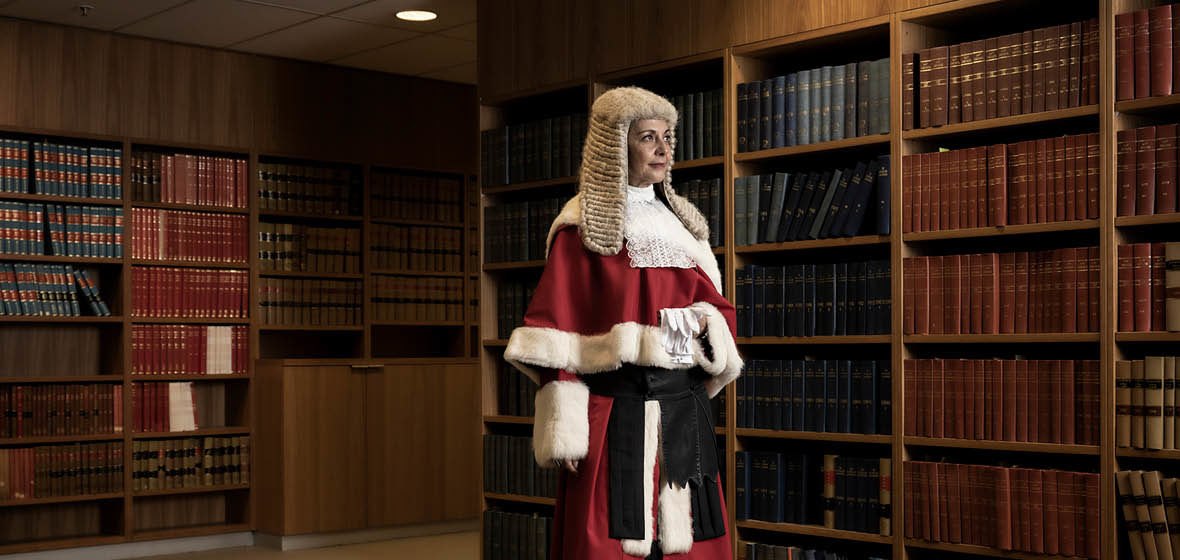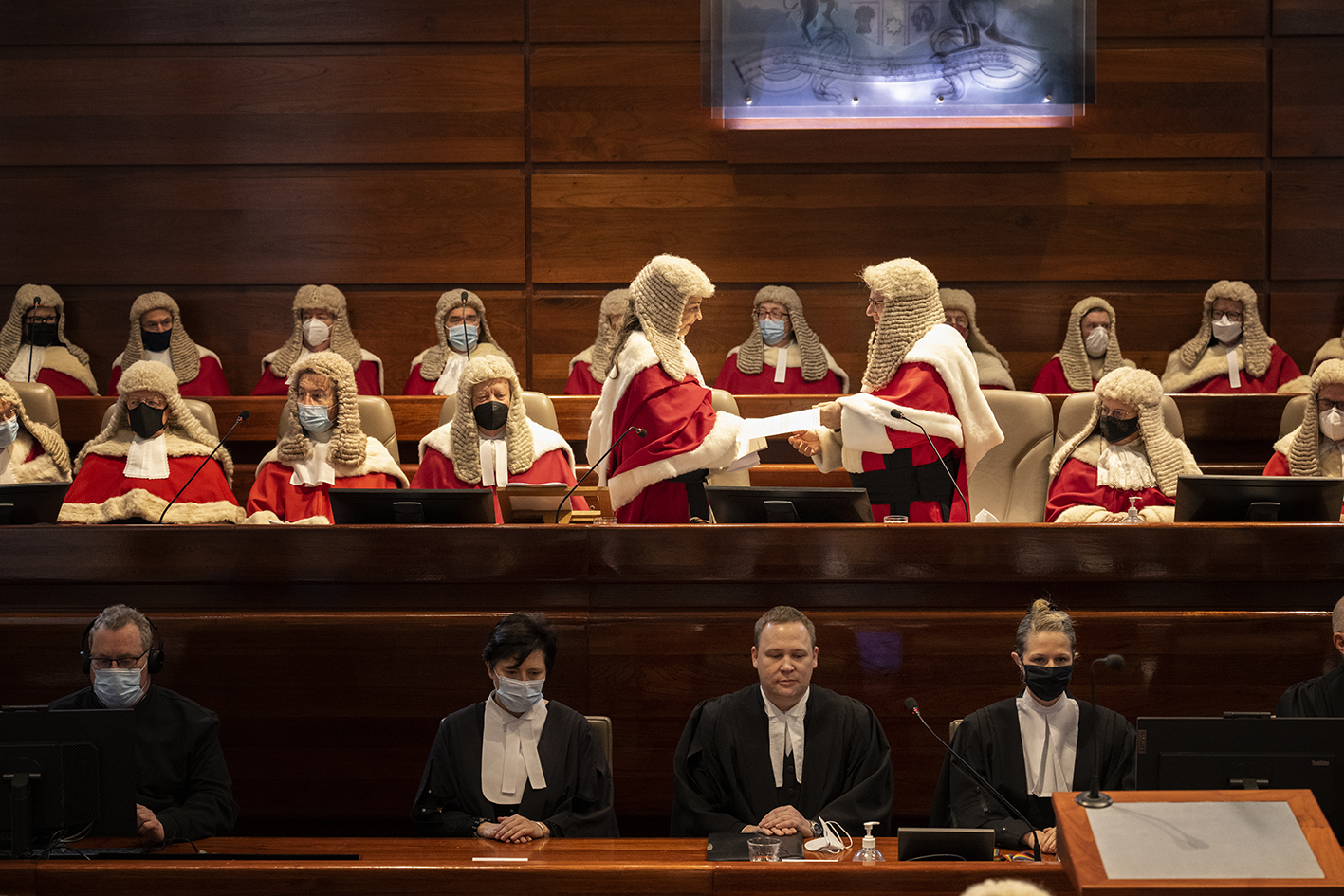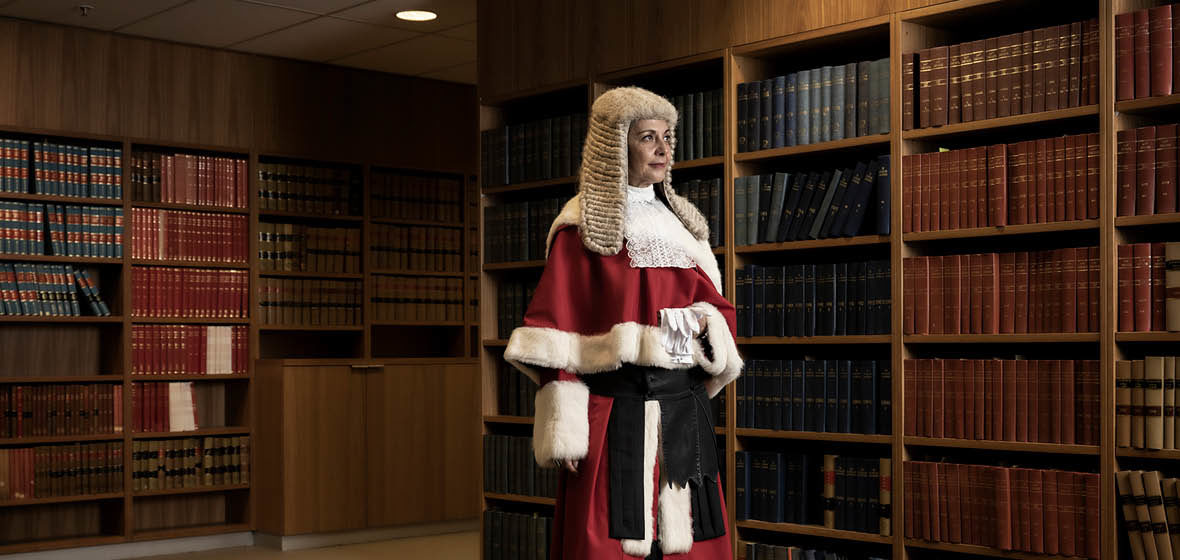
Egyptian-Greek Dina Yehia has been appointed as New South Wales’ latest Supreme Court Judge, as of 4 July 2022.
“It wasn’t easy,” Justice Yehia explained in quotes taken from state broadcaster ABC News; her rise to the Court has been a trying one.
“When you come from a different ethnic and cultural background there’s a lot of fitting in to do… but I was very fortunate that I always had some supportive mentors from the very beginning.”

Her journey began as a defense attorney for the Western Aboriginal Legal Service in 1989, where she underwent the task of representing thousands of indigenous Australians.
“It was apparent to me even back then as it is now, that it’s really in Aboriginal and Torres Strait Islander communities and experience that the criminal justice system has had a detrimental impact,” she said. For nearly a decade, Justice Yehia “honed her skills” working with indigenous communities and struggling individuals.
Eight years later, in 1999, she became a public defender, only to later be appointed Australia’s first female Deputy Senior Public Defender in 2013. Only a year later, her role was changed to judge at the District Court, which she leveraged to defend elders’ rights in Aboriginal and Torres Strait Islander communities.
“If you go back to the stolen generations,” she explained, “the law was used to justify taking children away from their families and communities.” Having elders contribute to the process, means reasserting cultural authority in the process.
The stolen generations refer to Aboriginal and Torres Strait Islander-born children who were forcibly removed from their families, in accordance with assimilation policies at the time.
Justice Yehia hopes her position will serve as an inspiration for culturally diverse women and men – indigenous or otherwise. When she first moved to Australia from Egypt at 7 years-old, Justice Yehia claimed she “didn’t speak any English” but was nonetheless privileged to “have been given these opportunities.”
“As a woman and an immigrant, I encourage diversity in the profession,” she said. “Diversity on the bench is an essential component of a fair and impartial judiciary. If our institutions are to remain strong and independent, they must reflect the community they represent.”







Comments (0)